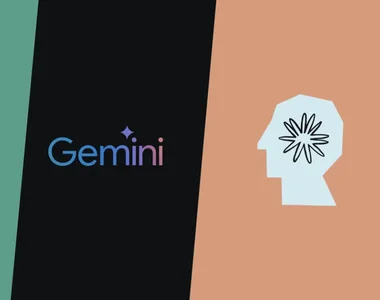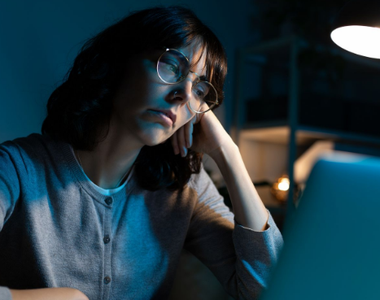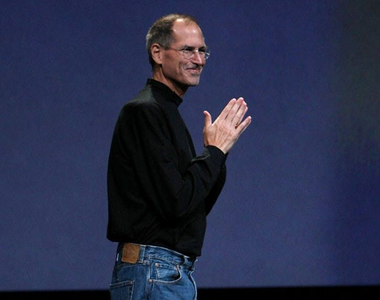
The main good that social networks have in our lives is the fact that they can connect us with people all over the world in the simplest way possible, but they also have a big bad that is related to the "epidemic of loneliness".
This type of loneliness has wider implications for our mental and physical health. It's not hard to see how it leads to depression, a growing problem around the world. In older adults, loneliness increases the risk of developing dementia, interferes with their ability to care for themselves, and increases the risk of heart disease. Loneliness is also associated with reduced life expectancy. In teenagers and young adults, loneliness increases the likelihood of headaches, stomach aches, sleep disturbances, and compulsive Internet use.
According to a study carried out by the BBC, half of the population in Britain admit to feeling isolated at some point in their lives. 7% of women report chronic feelings of loneliness. The study also shows that women are more likely to admit that they have felt lonely.
The earliest studies on this topic spoke of a wider impact of the loneliness pandemic on older people, but now things have changed and young people are more likely to experience the same feeling, even more pronounced, as it affects in interacting with people.

Psychotherapists explain the close relationship that people have with social networks by emphasizing that the online presence is a mask of everyone where only happy moments are shown and validation is required for everything that is posted, encouraging a series of negative emotional factors.
Psychologists confirm that however positive the exchanges on social networks are, nothing replaces real human interaction. That said, half of the more than 3,000 people surveyed by Pernod Picard admitted that their relationships with friends have become shallow due to the influence of social media.
Psychologists emphasize that loneliness affects every area of ??life and stops its normal flow, regardless of age. They agree when they say that social media is a bubble that feeds loneliness and takes over many people's lives, because on a practical level it can fill the mind with virtual material that feeds feelings of despair and isolation so much that it becomes difficult to get out of them.
Suggested articles:





